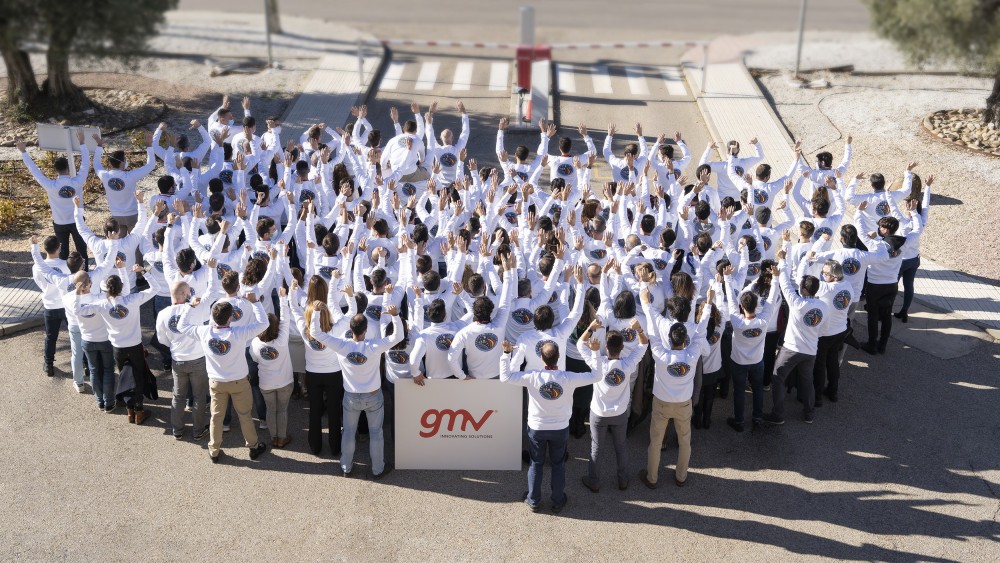New Galileo Program Launch Operated by the GCS Deployed by GMV

On December 5, two new satellites were launched successfully for the Galileo program from the European spaceport in French Guiana.
Following the launch, and from the initial stages of the deployment, the satellites were operated by the ground control segment infrastructure recently deployed by GMV, which the company has maintained, evolved and upgraded since 2018, when it was awarded this major contract by the European Space Agency (ESA).
This makes it a very relevant launch not only for GMV but also for the Spanish space industry. For over three years of hard work, GMV, leading a large consortium made up of the most relevant European space companies, has managed this technical challenge and achieved unprecedented success despite the challenge posed by the COVID-19 pandemic that has affected nearly half of the project activity.
The new version of the GCS includes upgrades to increase the capabilities of the system, enhance the resolution of the virtualization and obsolescence, as well as operational enhancements. It represents a major step forward in achieving full operational capacity (FOC) for Galileo, increasing the management capability to 38 satellites.
The new GCS offers not only cutting-edge infrastructure and technology, but it also provides reliability and security, through the most advanced techniques. It is also able to support LEOP (Launch and Early Orbit Phase) campaigns for the Galileo satellite launches. Until now, these campaigns were always supported by external control centers (ESOC or CNES) in coordination with the GCS. But as has been proven in this recent launch, now the LEOP phases will be executed directly by the Galileo ground control segment with the new Galileo GCS V3.0.
Special thanks go to the European Space Agency (ESA) for their work, guidance and support as the authority responsible for the design of the Galileo system and as the technical managers of the GCS contract. And especially to the EUSPA, the contracting authority, ultimately responsible for providing the Galileo services.
None of this work would have been possible without the daily cooperation of the Galileo operators (Space Opal), who have closely reviewed the infrastructure enhancements and their operational validation.
***************
The opinion expressed in this press release do not reflect the opinion of the European Union or the ESA in any way. “Galileo” is registered as a trademark in the database of the European Union’s intellectual property office (no. 002742237)